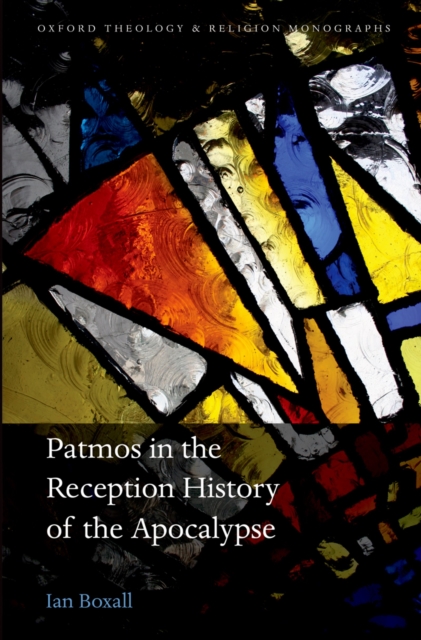
Patmos in the Reception History of the Apocalypse PDF
by Ian Boxall
Part of the Oxford Theology and Religion Monographs series
Description
This monograph explores the significance accorded to John's island of Patmos (Rev. 1:9) within the wider reception history of the Apocalypse.
In contrast to the relatively scant attention paid to John's island in modern commentaries, this reception-historical survey reveals both the greater prominence accorded to Patmos by earlier interpreters, and the richer diversity of readings the text has provoked.
These include interest in the physical character of Patmos andits significance as an island; the date and reason for John's sojourn there; attempts to locate Patmos in a geography which is sometimes more mythical than literal; the meaning of the name 'Patmos' in the context of a biblical book which treats other place-names symbolically.
This diversity issupported by a close reading of Rev. 1:9, which highlights the extent to which even its literal sense is highly ambiguous. Ian Boxall brings together for the first time in a coherent narrative a wide range of interpretations of Patmos, reflecting different chronological periods, cultural contexts, and Christian traditions.
Boxall understands biblical interpretation broadly, to include interpretations in biographical traditions about John, sermons, liturgy, and visual art as well as biblical commentaries.He also considers popular and marginal readings alongside magisterial and centrist ones, and draws analogiesbetween similar hermeneutical strategies across the centuries.
In the final chapter Boxall explores the wider implications of his study for biblical scholarship, advocating an approach which encourages use of the imagination and reader participation, and which works with a broader concept of 'meaning'than traditional historical criticism.
Information
-
Download - Immediately Available
- Format:PDF
- Publisher:OUP Oxford
- Publication Date:18/04/2013
- Category:
- ISBN:9780191655845
Information
-
Download - Immediately Available
- Format:PDF
- Publisher:OUP Oxford
- Publication Date:18/04/2013
- Category:
- ISBN:9780191655845










